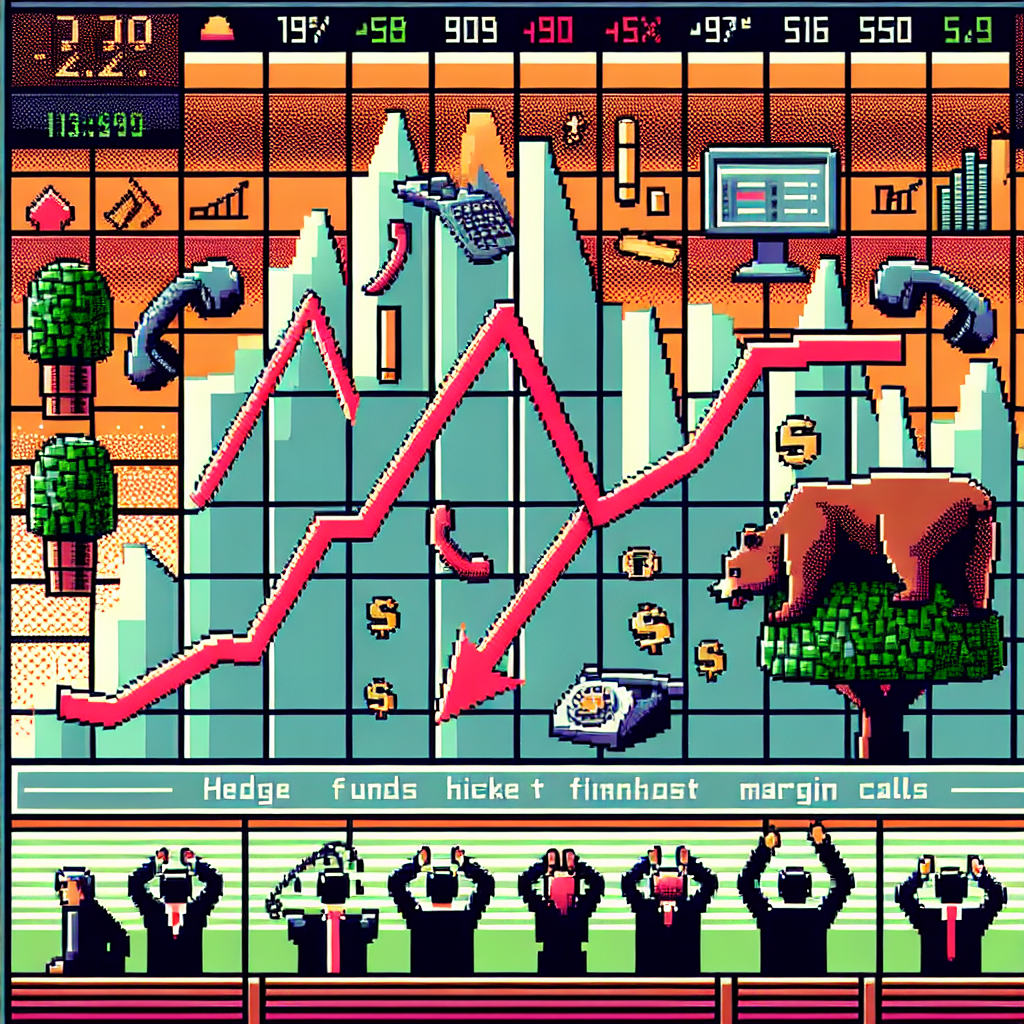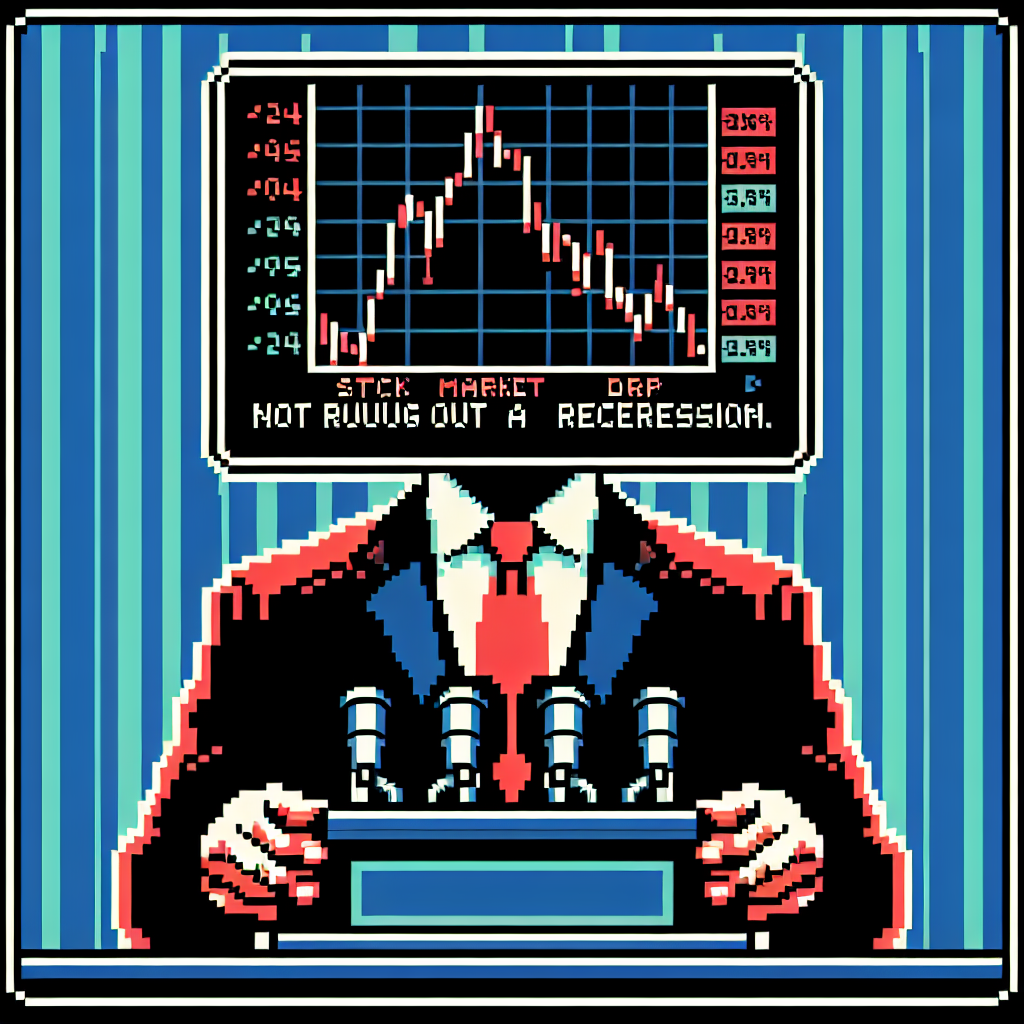Hedge funds capitulate, investors brace for margin calls in market rout - Yahoo Finance | Analysis by Brian Moineau
Navigating the Storm: Hedge Funds, Trade Wars, and the Market's Rollercoaster
Ah, the financial markets—a place where fortunes can be made, lost, or simply evaporate like a mist on a sunny morning. The recent news from the world of hedge funds is a testament to the latter. According to a gripping piece by Yahoo Finance, several hedge funds are throwing in the towel, unloading stocks faster than you can say "market rout." As U.S. President Donald Trump's trade war continues to cast a long shadow over global markets, these financial giants find themselves grappling with the tumultuous seas of economic uncertainty.
The Hedge Fund Exodus: A Closer Look
Hedge funds have always been the adrenaline junkies of the financial world, taking on risks that others shy away from. Yet, even they have their limits. The trade war, initiated by former President Trump, was like an unexpected plot twist in a financial thriller, leaving hedge funds in a precarious position. Many are now offloading their holdings, anticipating the dreaded margin calls that could spell financial ruin.
In the world of finance, a margin call is akin to the unwelcome guest at a party—inevitable but unpleasant. When investors borrow money to buy stocks, they do so with the expectation that the value of their investments will rise. But when markets falter, as they have been recently, those borrowed funds can turn into a financial albatross.
A Global Perspective: Trade Wars and Market Waves
While the hedge funds are busy recalibrating their strategies, the rest of us are left to ponder the broader implications. The trade war, which began over tariffs and has since snowballed into a full-blown economic conflict, is not just a U.S.-China affair. It’s a global phenomenon, sending ripples through economies worldwide.
Countries like Germany, heavily reliant on exports, are feeling the pinch. Even emerging markets that were once the darlings of global investors are now seen as risky bets. It's a classic case of how interconnected our world has become—a butterfly flaps its wings in Washington D.C., and a typhoon develops in Hong Kong.
Drawing Parallels: Financial Markets and Climate Change
Interestingly, the uncertainty in financial markets mirrors another pressing issue: climate change. Both are global problems requiring coordinated efforts and innovative solutions. While hedge funds grapple with market volatility, governments and businesses worldwide are facing pressure to address environmental changes before they become irreversible.
The idea of "capitulation" is not just a financial term; it can also apply to how we handle environmental and social challenges. Just as hedge funds are rethinking their strategies, perhaps it's time for global leaders to rethink how we address climate change, embracing sustainability as a long-term investment in the planet's future.
Final Thoughts: Weathering the Market Tempest
As hedge funds navigate this financial storm, investors are left bracing for impact. The market, much like the weather, is ever-changing and unpredictable. Yet, within this uncertainty lies opportunity—for those willing to adapt and innovate.
In the words of Warren Buffett, "Be fearful when others are greedy and greedy when others are fearful." As the financial world holds its breath, perhaps the next wave of opportunity is just around the corner, waiting for the bold to seize it. Until then, keep your seatbelt fastened and your eyes on the horizon—it's going to be a bumpy ride.
For those interested in the original article, you can read more on Yahoo Finance. And for a broader understanding of how trade wars can affect global markets, consider exploring related material on economic policies and their impacts on global trade dynamics.
Read more about AI in Business

